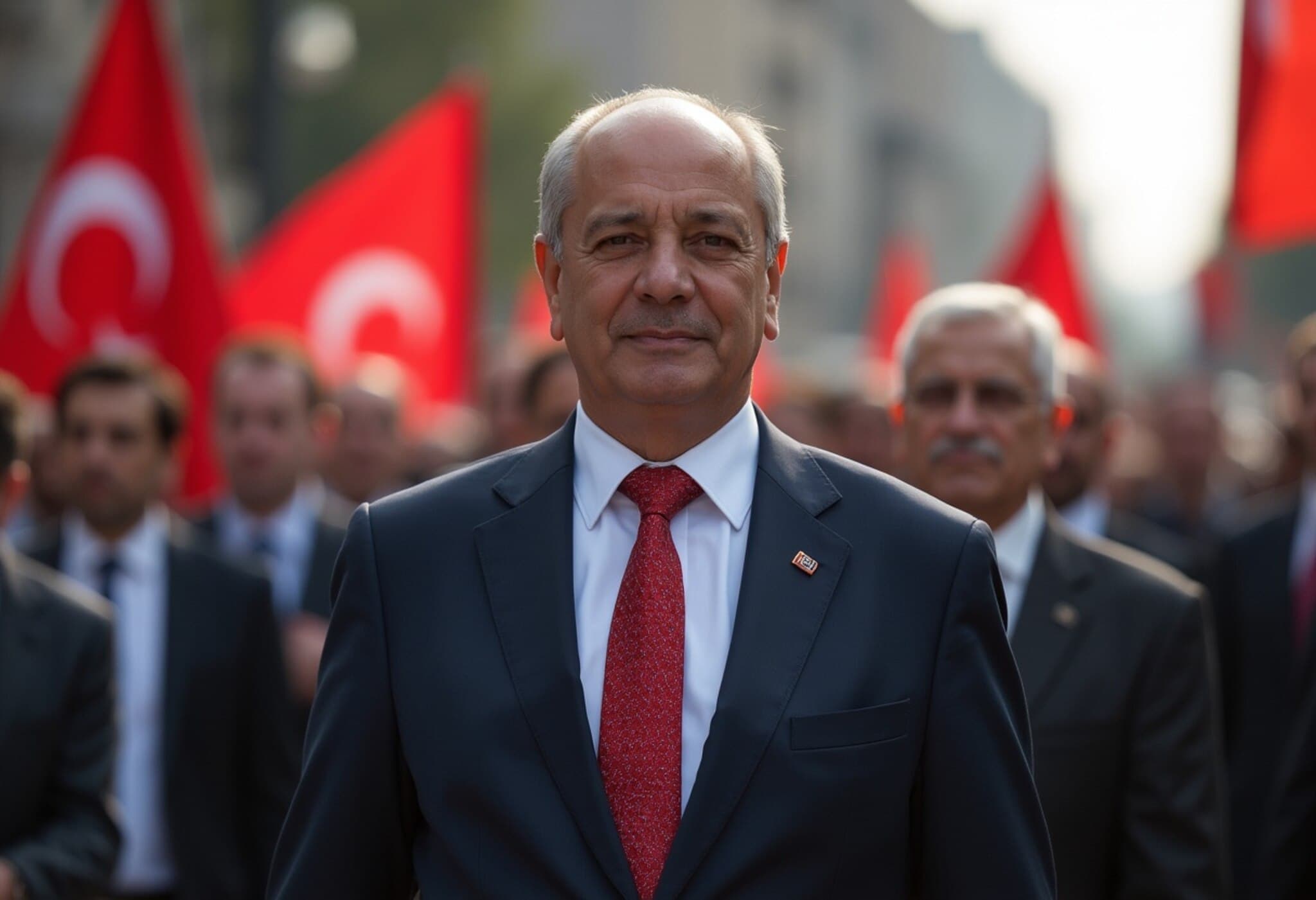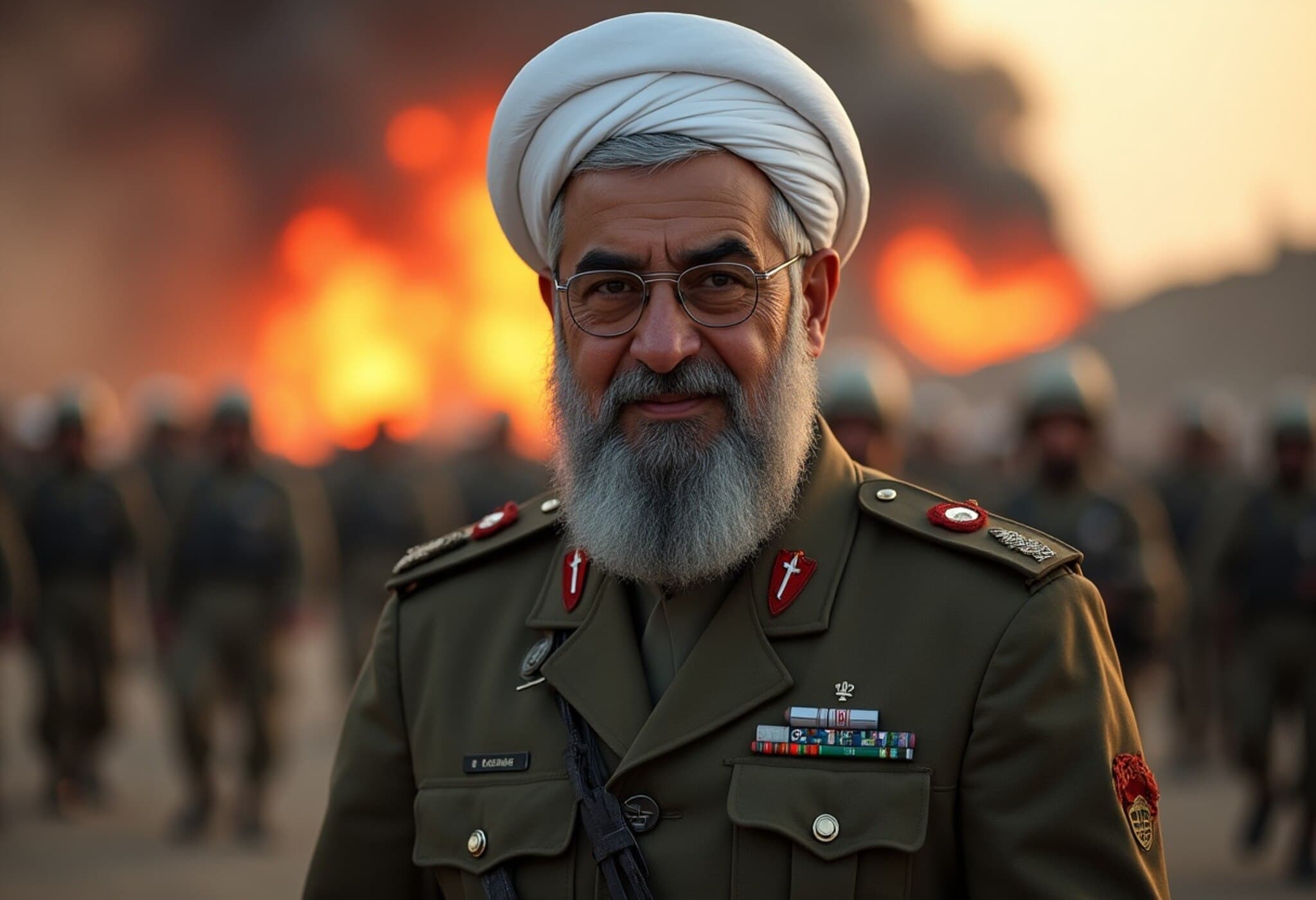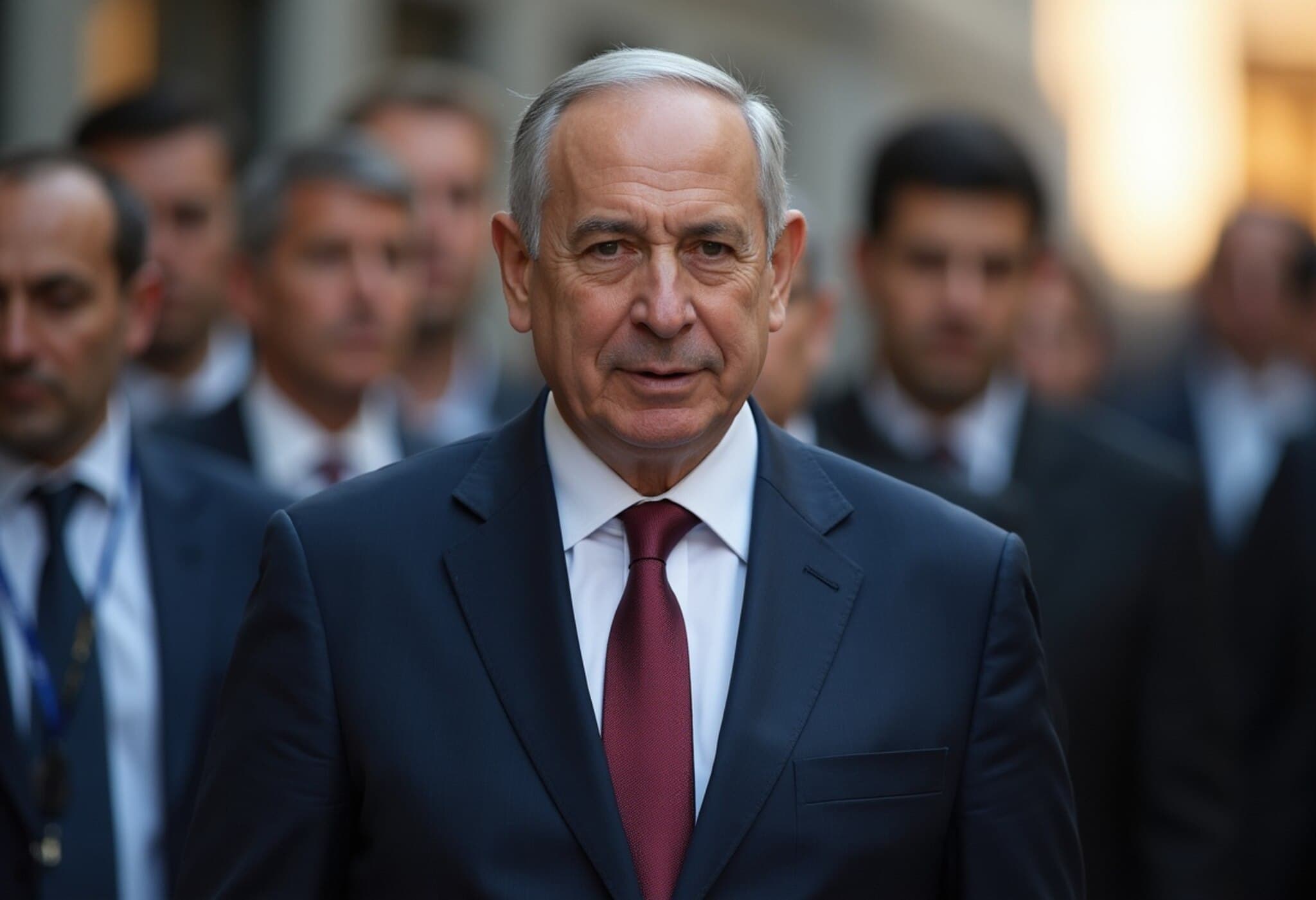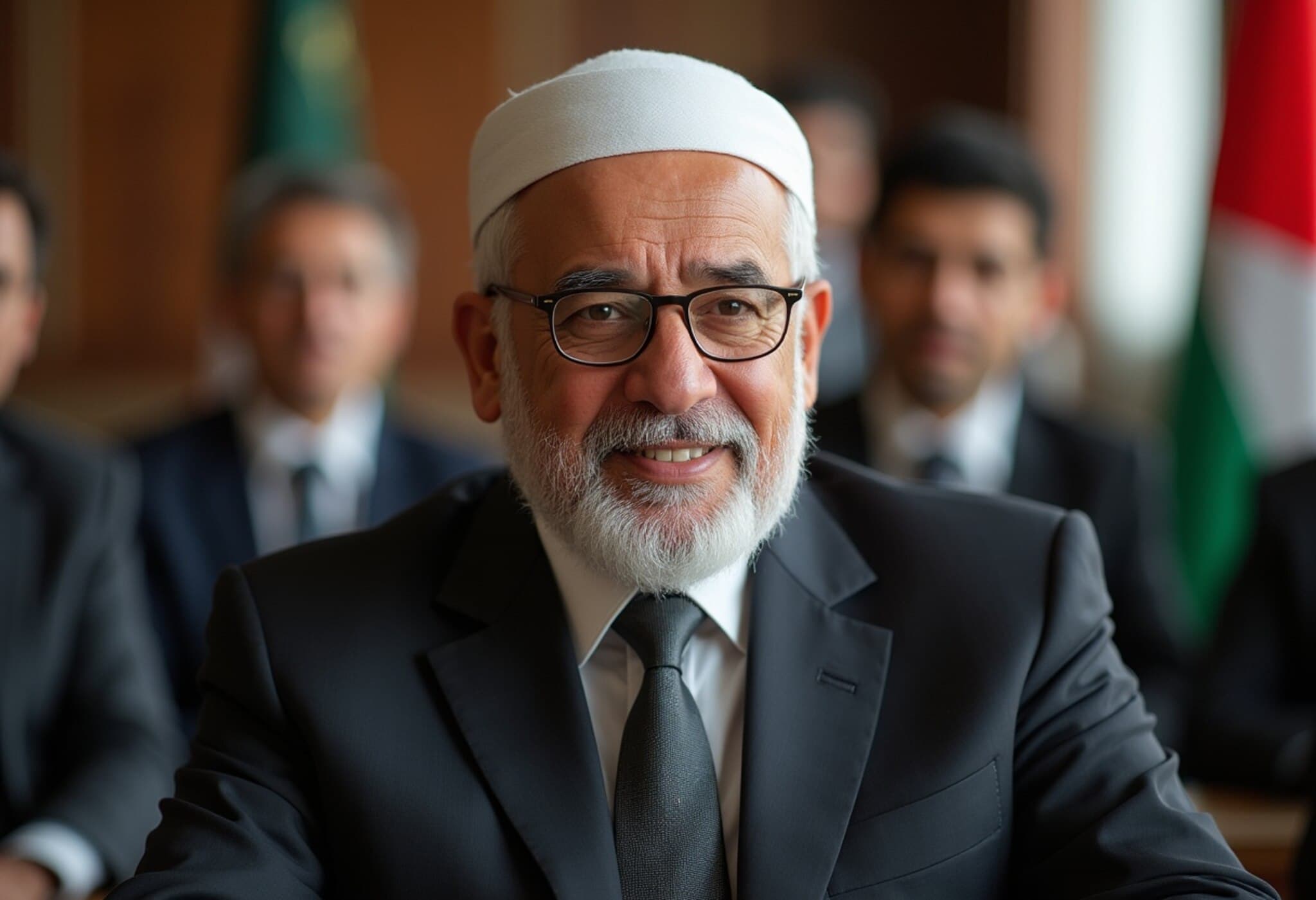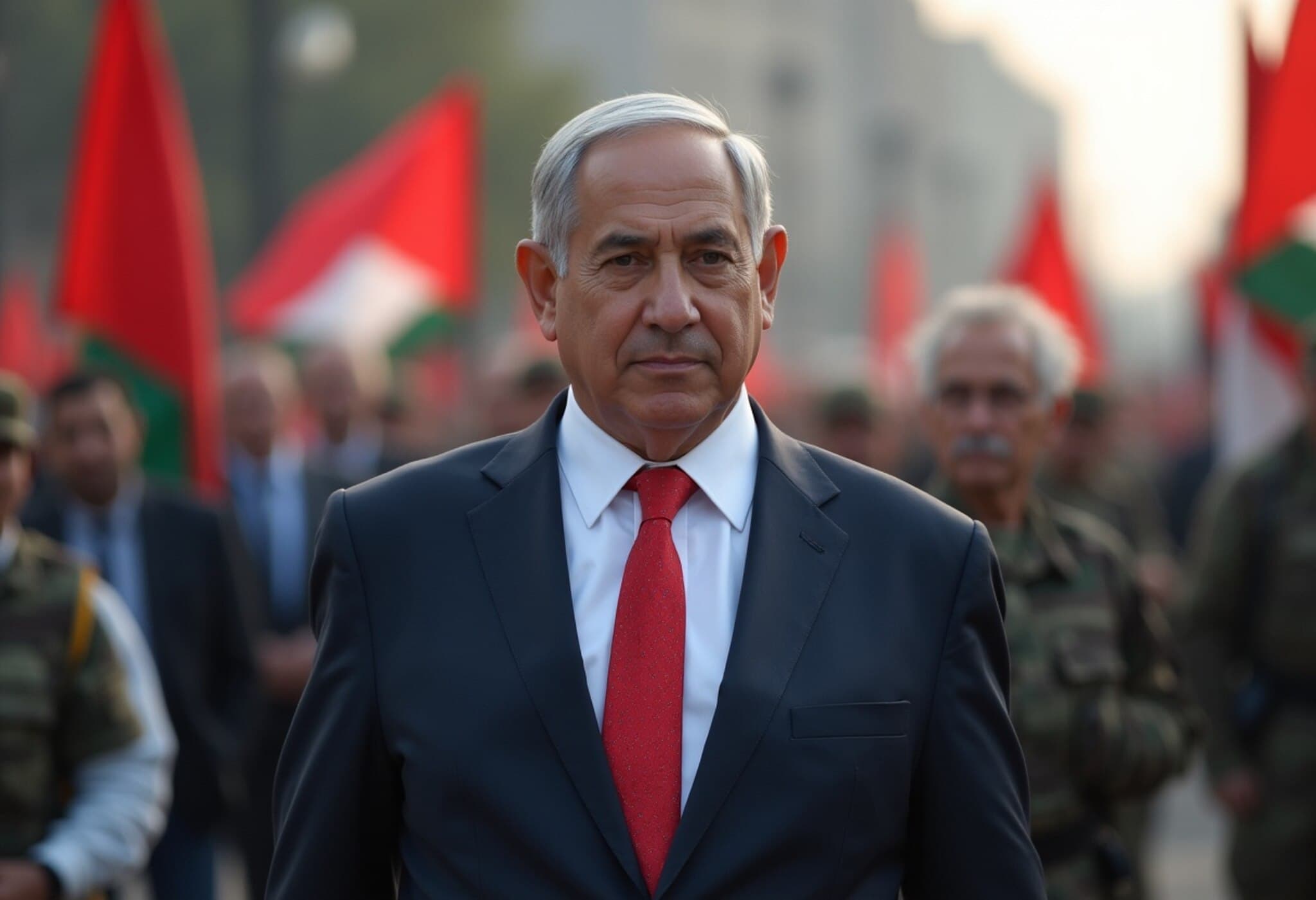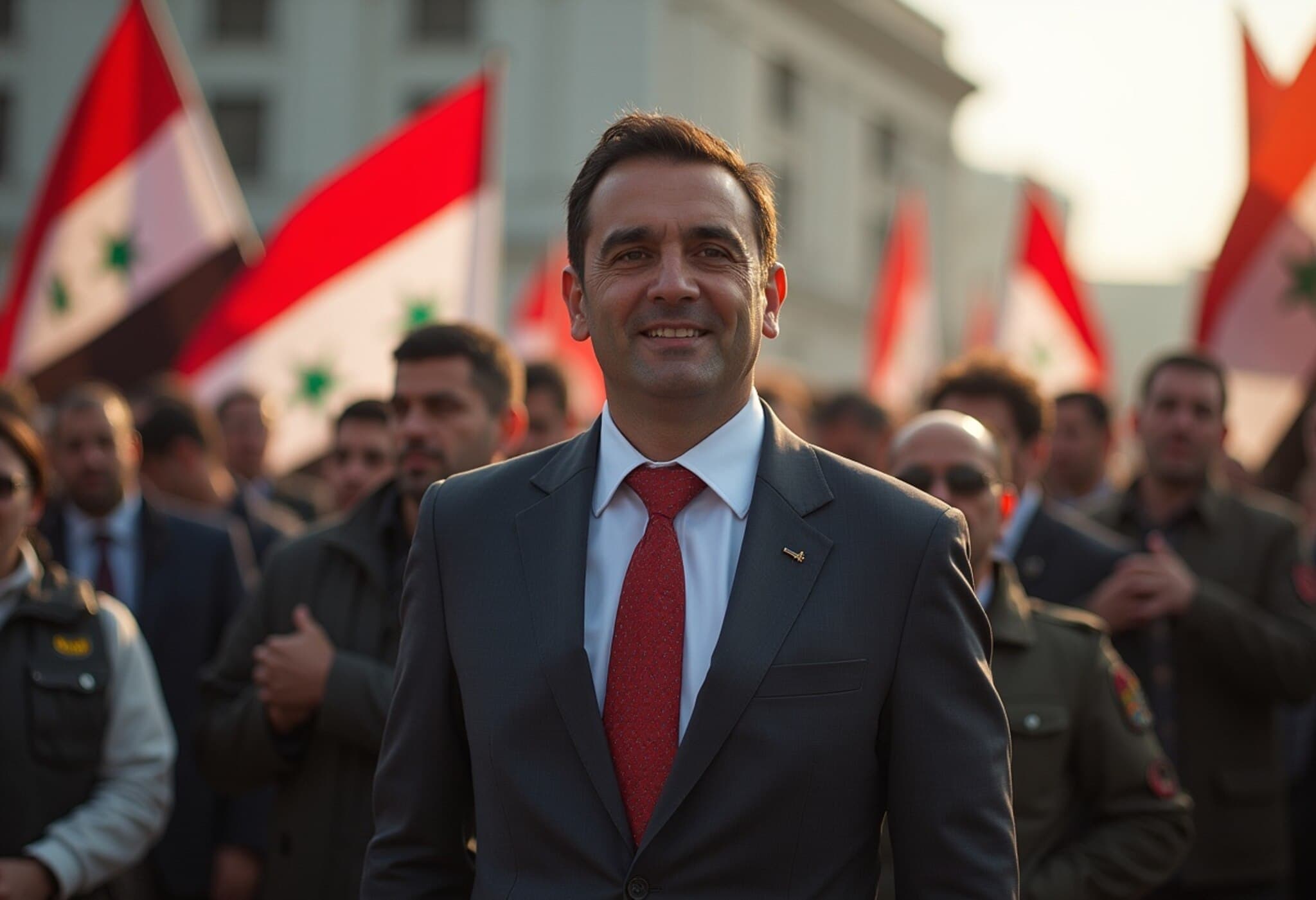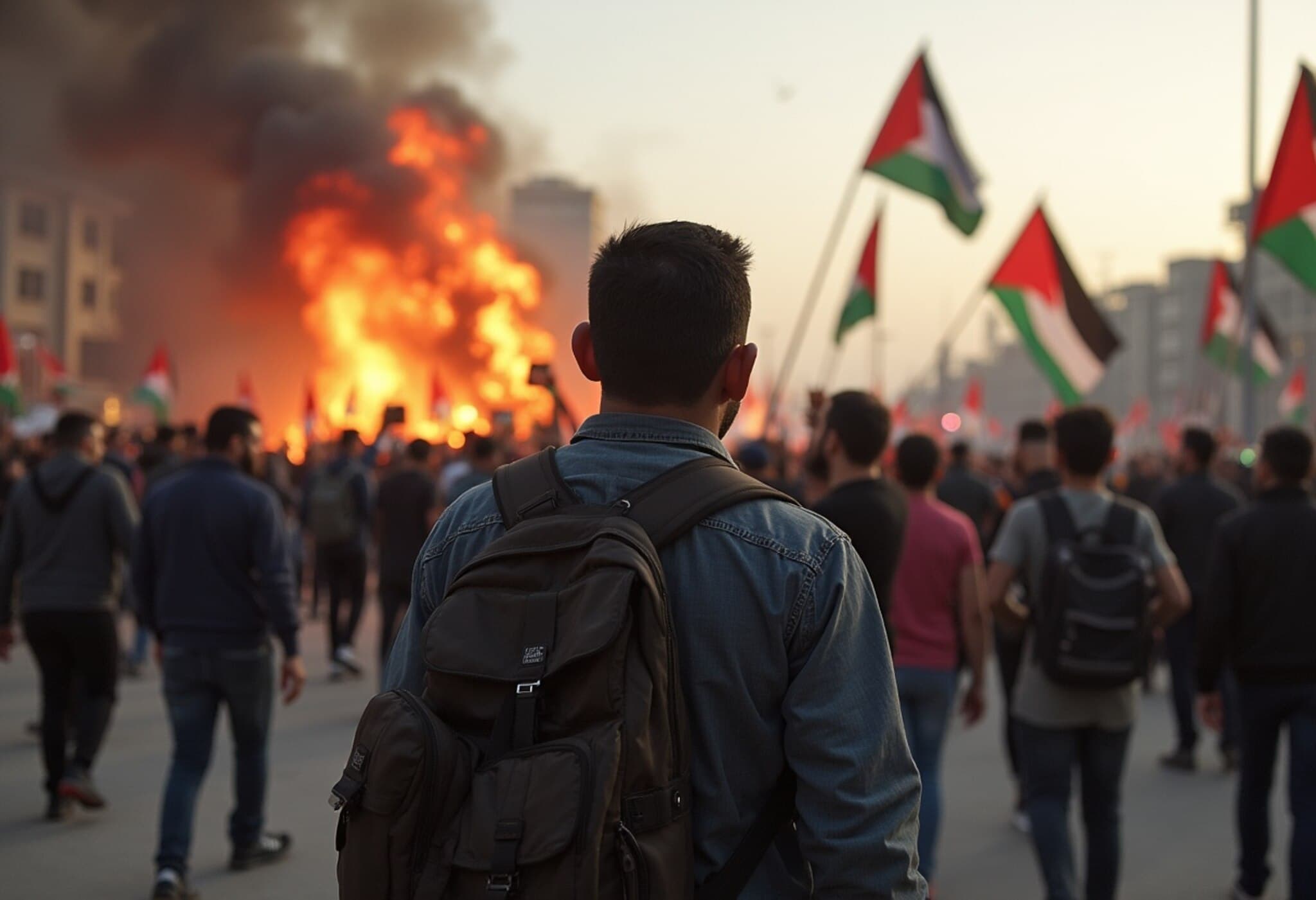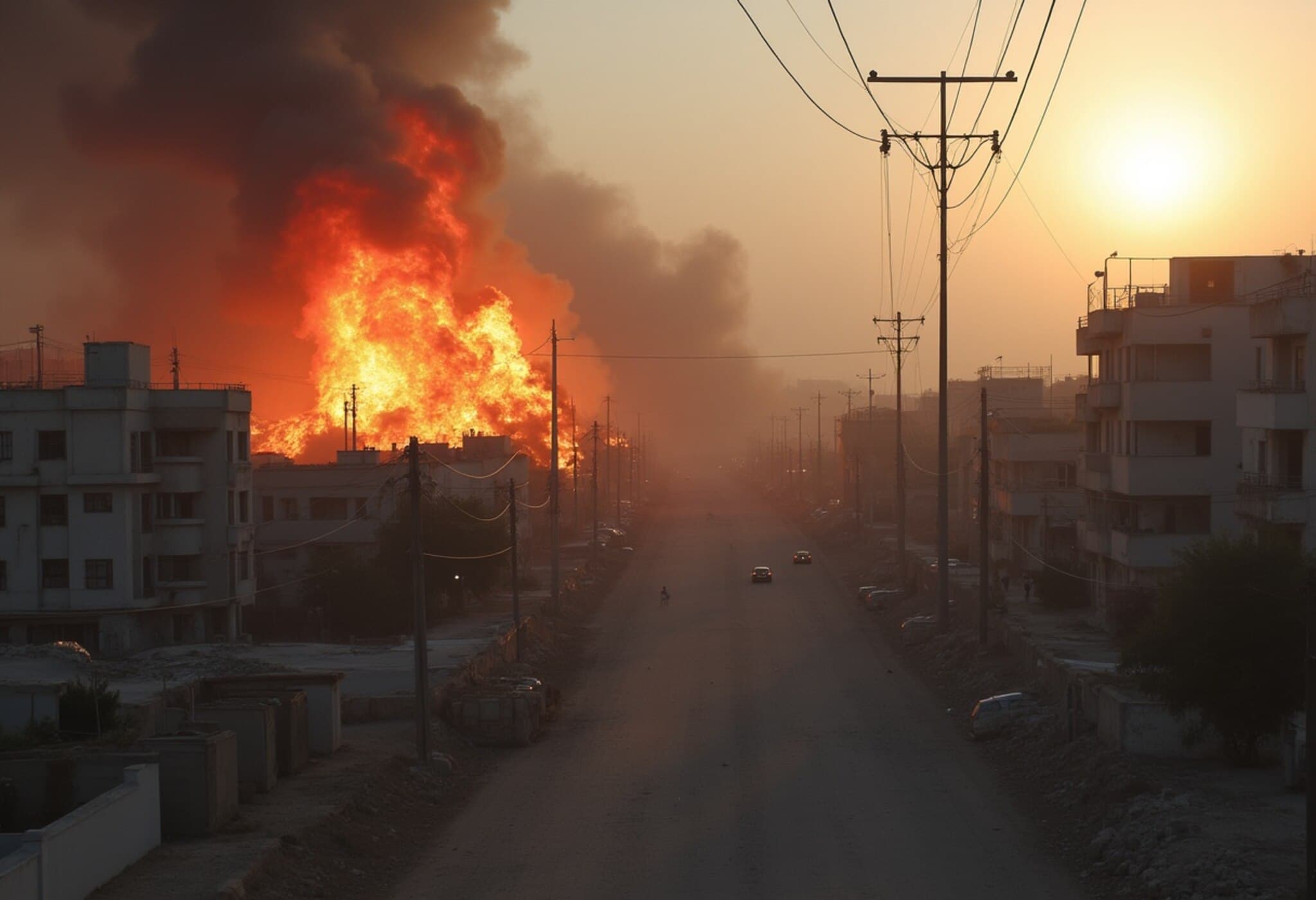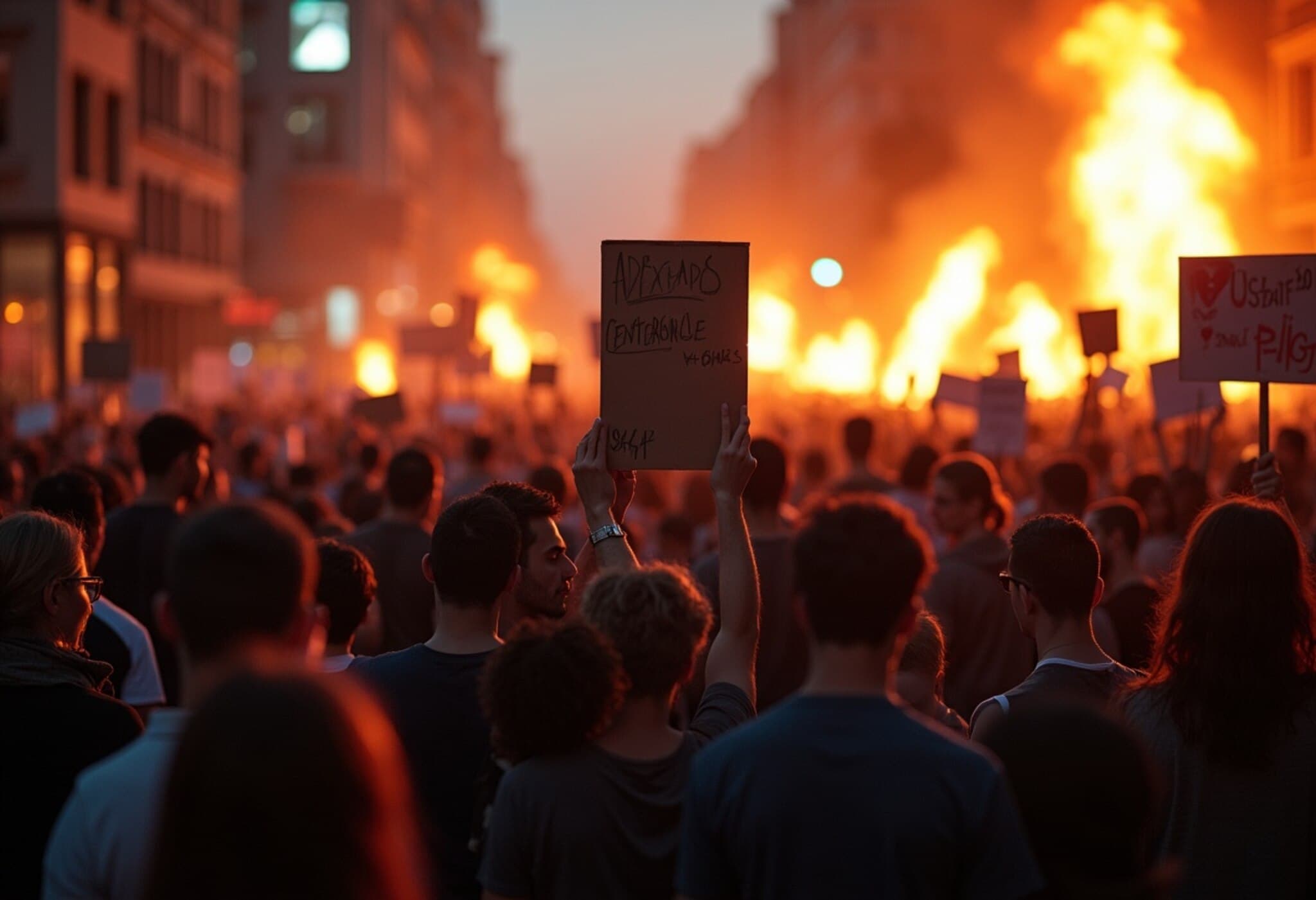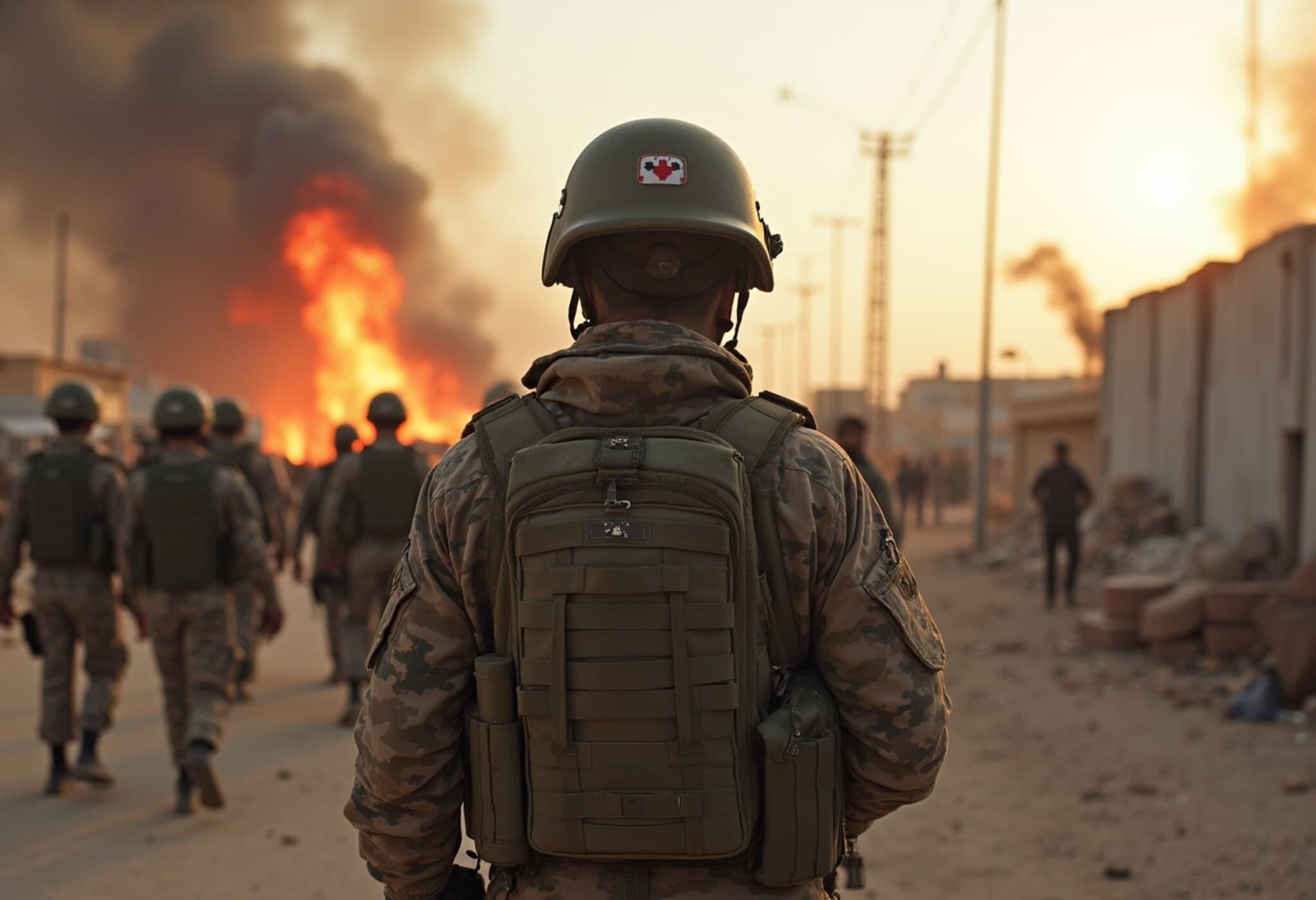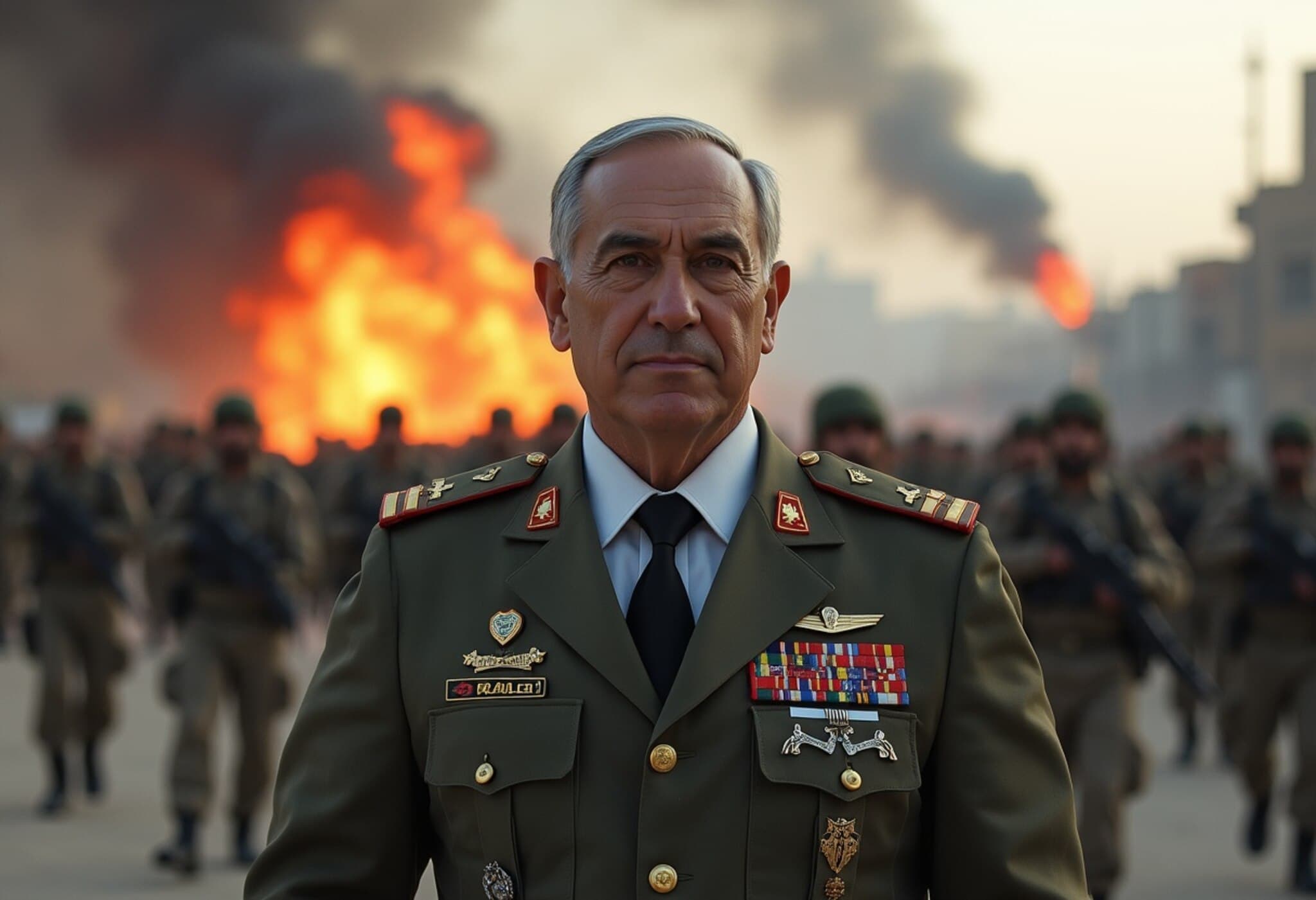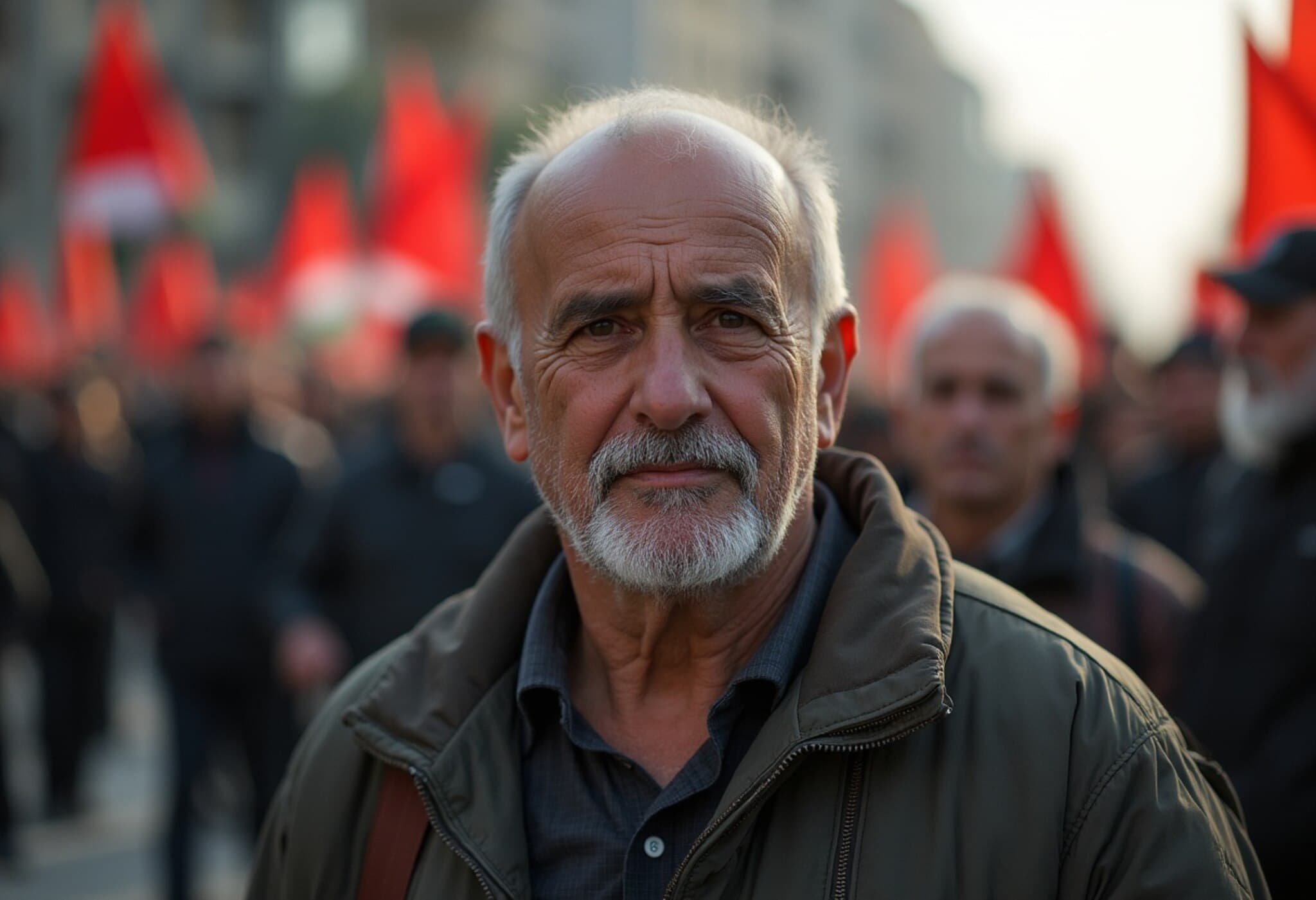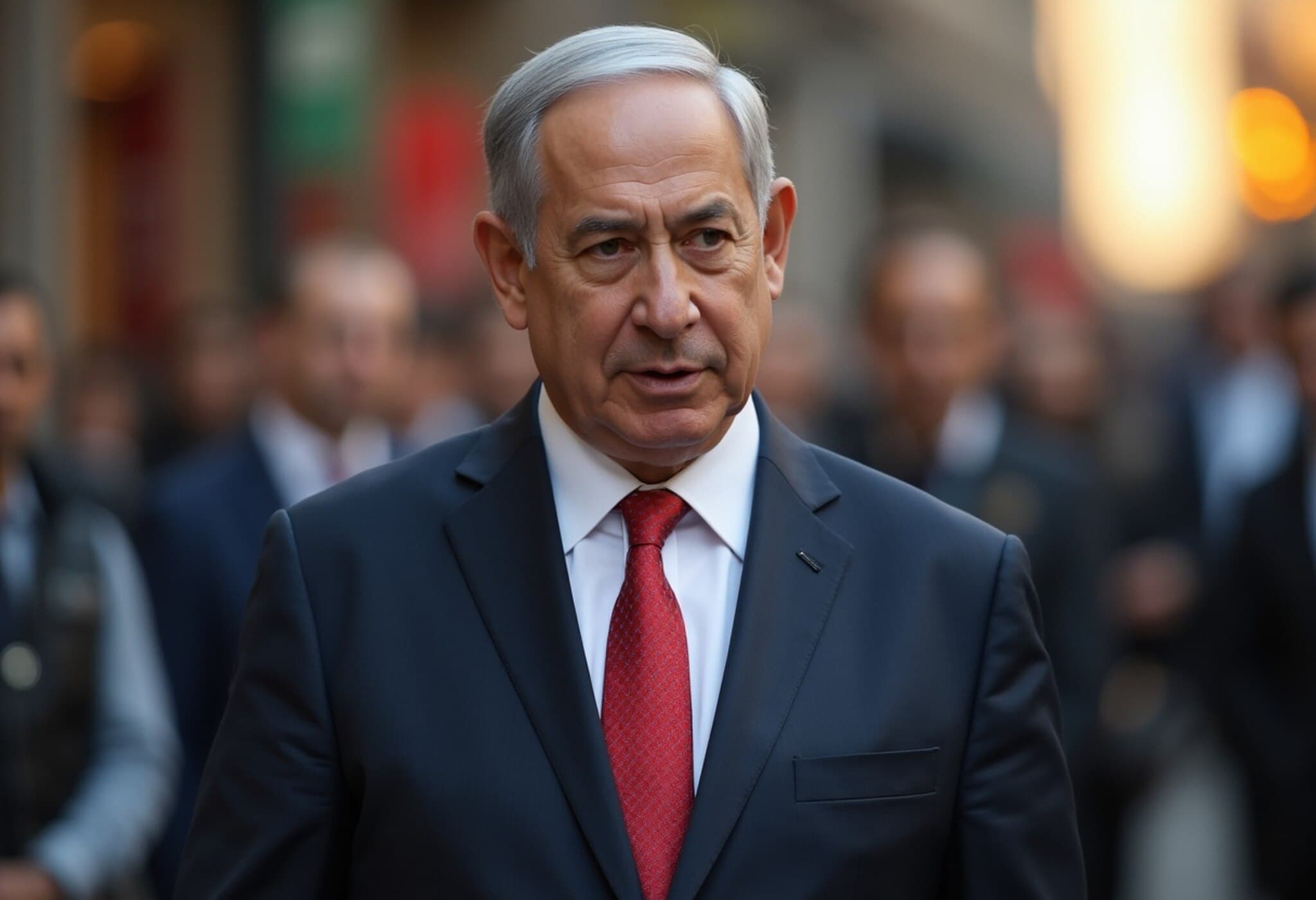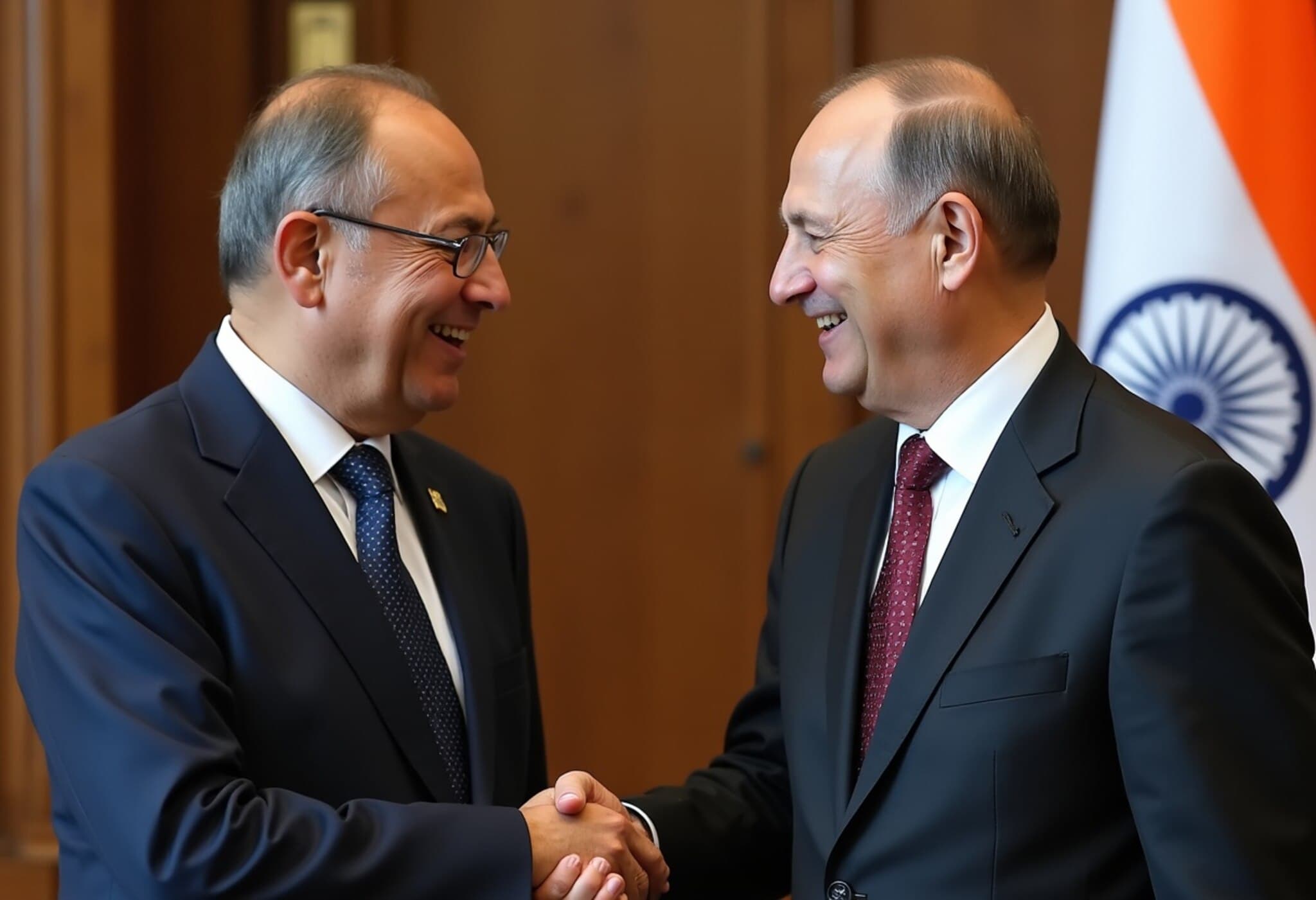Turkey Calls for Muslim Unity Against Israel’s Gaza City Plans
In a strong diplomatic appeal, Turkey’s Foreign Minister Hakan Fidan has called upon Muslim countries to come together and oppose Israel’s plan to seize Gaza City. Speaking from Egypt on August 9, 2025, Fidan highlighted the urgency of mobilizing the Organisation of Islamic Cooperation (OIC) in response to what he described as an alarming development that threatens peace and stability in the region.
Joint Condemnation by Turkey and Egypt
Following discussions in El Alamein, Turkey and Egypt emerged united in staunch condemnation of Israel’s Gaza strategy. Both nations warned that Israel’s proposed takeover would further entrench what they consider an illegal occupation of Palestinian territory and potentially extinguish any viable prospects for lasting peace.
Fidan accused Israel of employing expansionist and "murderous tactics," urging the global community to act decisively to thwart these plans. Egypt’s Foreign Minister Badr Abdelatty echoed these concerns, emphasizing the regional dangers posed by Israel’s actions. Abdelatty labeled the plans "inadmissible" and reinforced that there is full strategic coordination between Cairo and Ankara regarding Gaza.
A Humanitarian and Legal Crisis
At the heart of the dispute is the accusation leveled by Turkey and Egypt that Israel is deliberately attempting to displace Palestinians by means of hunger and siege. According to Fidan, Israel’s policies aim not only to control but to permanently occupy Gaza City, violating international law and human rights norms.
Israel, meanwhile, has denied these allegations, characterizing its military operations as necessary countermeasures against Hamas — the militant Palestinian group responsible for the October 2023 attack that claimed 1,200 lives.
The Role of the Organisation of Islamic Cooperation
The OIC Ministerial Committee swiftly convened an emergency session, resulting in a strong statement that condemned Israel’s plan as a "dangerous and unacceptable escalation." The OIC stressed that the move would nullify any remaining chances for peace by entrenching an illegal occupation.
The organization is calling on global powers and the United Nations Security Council to fulfill their legal and humanitarian obligations by taking immediate steps to halt the impending Gaza City plan. Moreover, it demands accountability for Israel’s actions under international law.
Diplomatic Efforts Continue Amid Rising Tensions
Efforts to broker a ceasefire have been ongoing, with mediators from Egypt, Qatar, and the United States engaged in delicate negotiations aimed at de-escalation. However, the announcement of the Gaza City plan has injected new urgency and complexity into these talks.
Expert Perspectives: What This Means Regionally and Globally
From an American policy standpoint, the escalation risks complicating U.S. diplomatic relations with both Israel and Muslim-majority countries, challenging Washington's traditionally delicate balancing act in the Middle East.
Experts suggest that Turkey’s vocal opposition underscores Ankara’s aspirations to position itself as a leader among Muslim nations — projecting influence through advocacy on the Palestinian issue. Equally, Egypt’s firm stance signals Cairo’s intent to remain central to peace negotiations, leveraging its geographic and political clout.
Humanitarian organizations warn that regardless of political rhetoric, civilians in Gaza are at the highest risk of suffering amid rising hostilities, blocking of aid, and infrastructure destruction — underscoring the need for urgent, on-the-ground international intervention.
Looking Ahead: Critical Questions and Underreported Angles
- How will the international community, particularly the U.S. and EU, respond to calls from Muslim-majority countries for action?
- What mechanisms exist within international law to hold perpetrators accountable for potential breaches related to occupation and humanitarian rights?
- How might this conflict affect broader regional alliances, including Turkey’s and Egypt’s relations with Israel and Western powers?
- What are the immediate humanitarian implications for civilians in Gaza amid this geopolitical tug-of-war?
Editor’s Note
This developing story highlights the persistent challenges in achieving peace in one of the world’s most volatile regions. Turkey’s call for unity among Muslim nations reflects deep-seated frustrations and a strategic pivot towards collective diplomatic action. Yet, the complexity of the Israel-Palestine conflict, intertwined with international legal realities and humanitarian imperatives, underscores the difficulties ahead.
As global eyes turn to diplomatic negotiations and international forums, it is crucial to remain attentive to the human toll and the broader geopolitical shifts that will shape the Middle East’s future trajectory.

